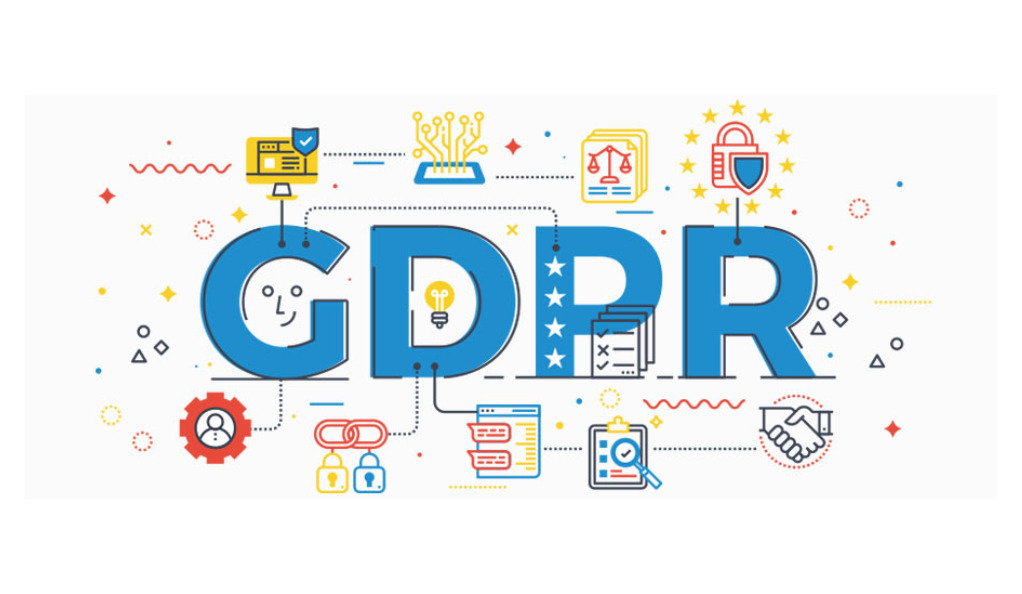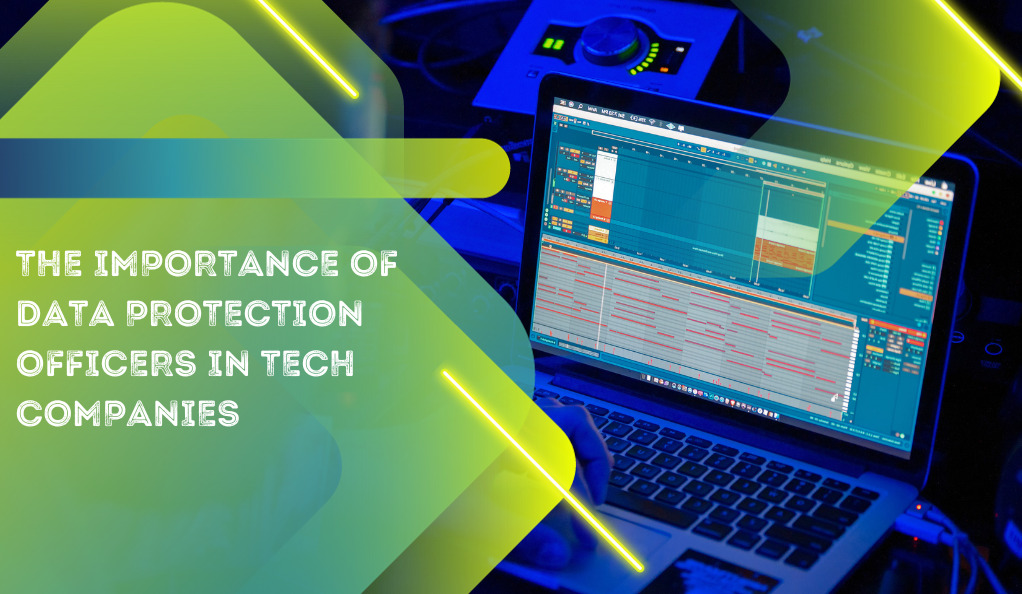The rise of the digital domain has emphasized the significance of data privacy. Tech businesses, in their endeavor to scale and innovate, often find themselves at crossroads when understanding intricate regulations like GDPR. This vast, influential legislation has redefined data protection paradigms for the modern age.
Grasping the essence of GDPR is not just about ensuring compliance but about adapting to a future where user trust is paramount. The General Data Protection Regulation, while complex, serves as a guideline for organizations aiming to respect and value their user’s digital rights and privacy.
A Brief Overview of GDPR
The European Union, recognizing the digital era’s challenges, introduced the GDPR, which came into effect on May 25, 2018. This regulation serves as a linchpin, safeguarding individual data rights while establishing a unified framework across EU member countries. Designed as a protective cocoon, it ensures that personal data remains secure, private, and is ethically managed.
Driven by the vision of a digital landscape where personal data isn’t a commodity but a right, the GDPR enforces stringent requirements on organizations. From tech giants to startups, its tentacles reach far and wide, ensuring every entity remains accountable for the data it handles.
Why was GDPR Introduced?
The onslaught of the digital age meant that vast amounts of personal data were being harvested, stored, and processed daily. The exposure of high-profile data breaches and scandals, where user data was mishandled or misused, painted a grim picture. It beckoned for a stronger, more resilient data protection legislation that could address the modern challenges.
The GDPR wasn’t merely a reaction; it was a forward-thinking initiative. Realizing that traditional data protection laws were insufficient for the digital age, the European Union sought to equip its citizens with robust rights, allowing them to take control of their digital footprints.
Key Provisions of GDPR
The GDPR document spans multiple pages, each filled with intricate details. However, some provisions stand out due to their significance and impact on businesses.
Consent
No longer can companies hide behind vague, convoluted terms of service. The GDPR enforces the principle of explicit consent. This means that organizations must obtain clear, unmistakable permission from individuals before collecting or processing their data. The era of hidden checkboxes and ambiguous terms is over. Instead, transparency and clarity reign supreme.
But it’s not just about obtaining consent. Companies must also ensure that withdrawing consent is as straightforward as giving it. The focus is on empowering users, giving them the choice and flexibility they deserve in the digital realm.
Data Rights of Individuals
The GDPR has strengthened individual rights concerning their data, making them central to data protection practices.
- Right to Access: Curiosity about the kind of data a company holds about an individual is natural. The GDPR’s right to access provision ensures that individuals can demand a comprehensive record of their personal data from an organization. This data must be provided transparently, understandably, and without financial barriers.
- Right to Erasure: Sometimes, digital footprints become too heavy to bear. The GDPR introduced the “right to be forgotten,” allowing individuals to request the deletion of their data. While certain conditions and exceptions apply, the overarching principle is clear: individuals have the right to dictate the lifecycle of their personal data.
GDPR’s Impact on Tech Businesses
The aftershocks of GDPR’s introduction were felt deeply within the tech industry.

Changes in Data Management
With the GDPR’s advent, tech companies scrambled to overhaul their data management strategies. This wasn’t just about compliance but about adapting to a new era of data transparency. Companies now had to be more forthright about how they collected, used, stored, and shared user data.
In essence, the once-taken-for-granted processes were now under the microscope. Data silos were dismantled, and integrative, transparent data management systems took center stage. The focus shifted from hoarding data to managing it responsibly.
Compliance Challenges
Transformation is seldom easy. The journey towards GDPR compliance was fraught with challenges for tech businesses. From understanding the nuanced provisions of the legislation to implementing them into daily operations, the road was long and winding.
Companies had to rethink their strategies, invest in new technologies, and even overhaul existing systems. All this while ensuring that the core functionality and user experience remained unhindered. The stakes were high, with non-compliance carrying the threat of severe financial penalties.
Best Practices for Tech Businesses
In the post-GDPR world, complacency is not an option for tech businesses. Adherence to best practices isn’t just about avoiding penalties but about building lasting trust with users.

Regular GDPR Training
Knowledge is power, especially in a dynamic landscape like data protection. Regular training sessions can ensure that all employees, from the top brass to the newest recruit, understand GDPR’s intricacies. By fostering a culture of continuous learning, businesses can stay ahead of the curve, anticipating challenges and seizing opportunities.
Beyond just understanding, these training sessions can help employees internalize the importance of data protection, making it a part of their professional DNA. When every employee becomes a guardian of data privacy, compliance becomes a natural outcome.
Incorporating Privacy by Design
Data protection can’t be an afterthought, a band-aid solution applied post facto. The concept of ‘privacy by design’ emphasizes the integration of privacy measures right from the inception of a product or service. This proactive approach ensures that privacy considerations are baked into the very fabric of tech solutions.
Such an approach not only ensures GDPR compliance but also results in products and services that resonate with a privacy-conscious user base. It’s a win-win, reflecting a harmony between user expectations and business objectives.
Conclusion
The GDPR, with its vast scope and profound implications, has been a game-changer for tech businesses. But beyond the challenges and compliance hurdles, it offers a vision of a digital world built on trust, transparency, and respect for individual rights. As tech businesses continue to innovate, the GDPR serves as a compass, guiding them through the complex labyrinth of data privacy.
FAQs
The primary purpose of GDPR is to safeguard individual data rights, ensuring personal data remains private, secure, and ethically managed. It aims to give control back to the citizens over their personal data and to simplify the regulatory environment for international business.
GDPR affects tech startups by mandating them to adhere to strict data protection guidelines. This includes obtaining explicit consent before data collection, offering clear data access rights, and ensuring data security. Non-compliance can lead to hefty penalties.
‘Privacy by design’ is a proactive approach wherein privacy measures are integrated right from the beginning of product or service development. It emphasizes the importance of privacy considerations being part of the initial design, rather than an add-on.
Tech businesses can ensure GDPR compliance by regularly training their employees, incorporating privacy by design principles, conducting periodic audits, and being transparent about their data collection and processing methods.
Yes, if non-EU tech businesses offer goods or services to EU citizens or monitor their behavior, they are bound by GDPR regulations, regardless of where they are based.








